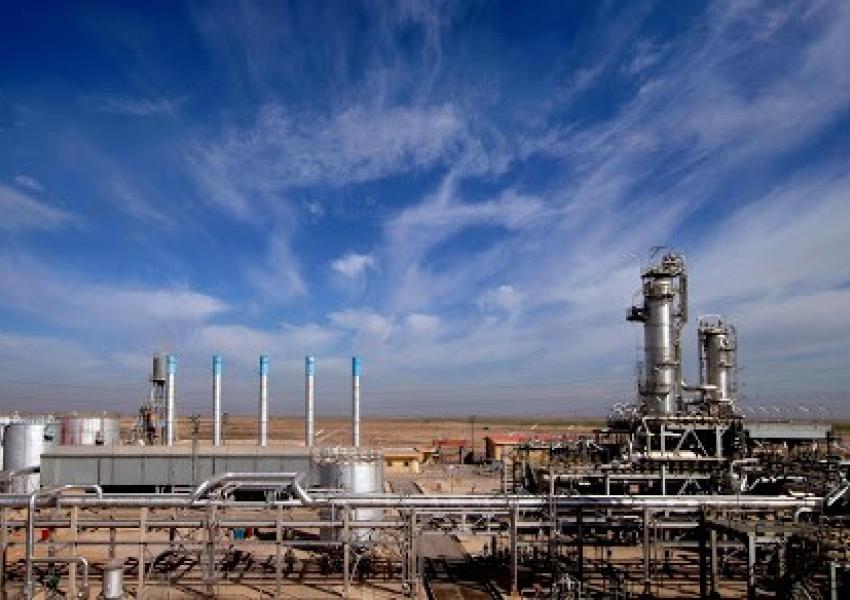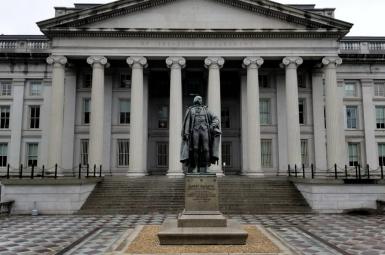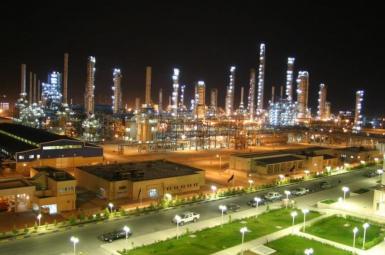
Would Foreign Investment Save Iran's Energy Sector If Sanctions Lifted?
Without the US oil and banking sanctions, investments in Iran’s energy sector would have been double of what it was last year, oil minister Bijan Zanganeh said Thursday in a ceremony inaugurating petrochemical projects in the southern port city of Bushehr.
Zanganeh said that most of the investments (read all) came from local sources. He put the average annual investments in the petrochemical sector at $3 billion dollars in recent years, more than all government investments in public works.
But this is just half of what the oil ministry and Zanganeh himself have said is needed in the petrochemical industry. In 2018, the oil minister said that Iran needs $30 billion investment in the sector for the following five years and this number is still being mentioned on the official website.
But overall, there has been little foreign investment in Iran’s energy and petrochemical industries since the 1979 revolution, mainly because of its tense relationship with the West and its philosophy of self-sufficiency. China invested a few billion dollars prior to 2018, which it recouped by importing free oil once US sanctions hit in 2018. China was quietly importing around 200,000 barrels per day in 2019 and part of 2020.
In contrast, foreign investments in Saudi Arabia’s, mostly oil related, totaled more than $170 billion from 2006-2012, and continued in the rate of 5-10 billion dollars since. This is in addition to substantial investments by the Saudi government and its oil company, Aramco. In addition, Saudi Arabia is investing at least $30 billion in renewable energy until 2023.
During the same period when foreign investment was booming in Saudi Arabia to the tune of $30 billion annually in 2010-2011, Iran received $1.5-3.5 billion in total, with some going to the energy sector, the UN and the Economist estimated.
In addition to refining and petrochemicals, Zanganeh and the oil ministry have rightly said that that the crude production sector needs $20-25 billion of investments annually and if this amount does not materialize, the industry will face disruptions. But Iran has faced more than seven years of sanctions in the past ten years, making it impossible to reinvest in the oil industry. It is also worth noting that it spends tens of billions of dollars to subsidize domestic fuel prices, in the vicious circle of a government-controlled economy.
Zanganeh on Thursday praised domestic investments, that in reality are government and not private sector involvement and are simply not sufficient to the tune of numbers cited above.
Zanganeh praised the participation of Iranian pension funds in current investments, but the fact is that these funds are essentially bankrupt and pose a serious threat to the health of the economy. The government has been raiding the funds to patch up its budget shortfalls and government appointed managers either have mismanaged the funds or outright stolen money.
But the oil minister did not mention the big elephant in the room - the overwhelming presence of the Revolutionary Guard in the country's energy and petrochemicals industries, which has steadily grown in the past two decades. The influence of a military-intelligence organization in the most vital economic sector is not a confidence-inspiring formula for foreign investors.
The prospect of eased US sanctions after the possible revival of Iran’s 2015 nuclear agreement with world powers raises the issue not just of Iran increasing oil sales but of the return of energy majors like Total, Royal Dutch Shell, and China National Petroleum Corporation to contracts they agreed before former US resident Donald Trump left the nuclear agreement in 2018 and imposed third-party sanctions.
But if the past 40 years are an indication of hurdles Iran faces in attracting foreign investments, no major increase can be expected even if all sanctions disappear, as long as there is no major change in Iran's economic and foreign policy.








